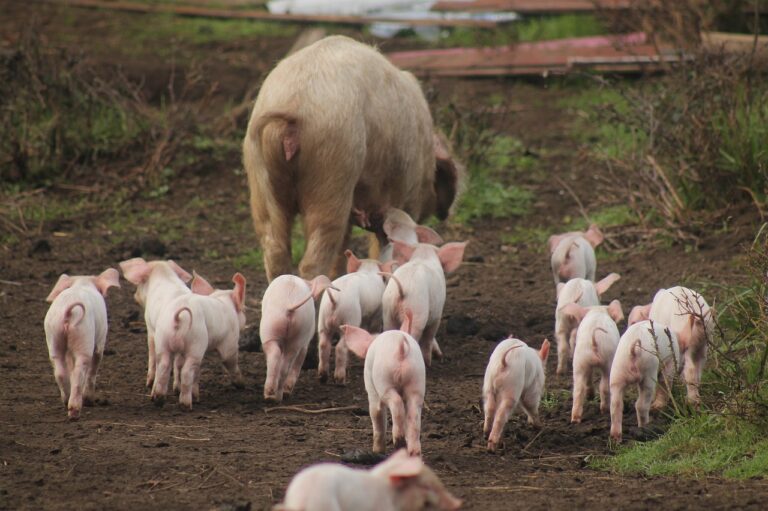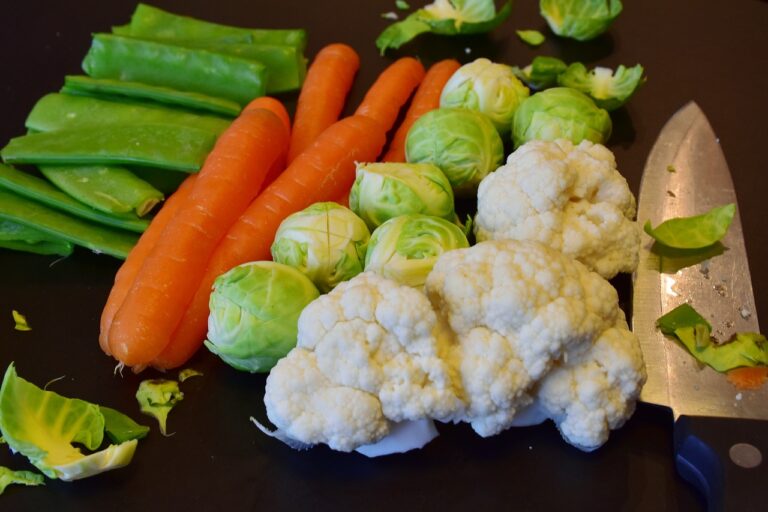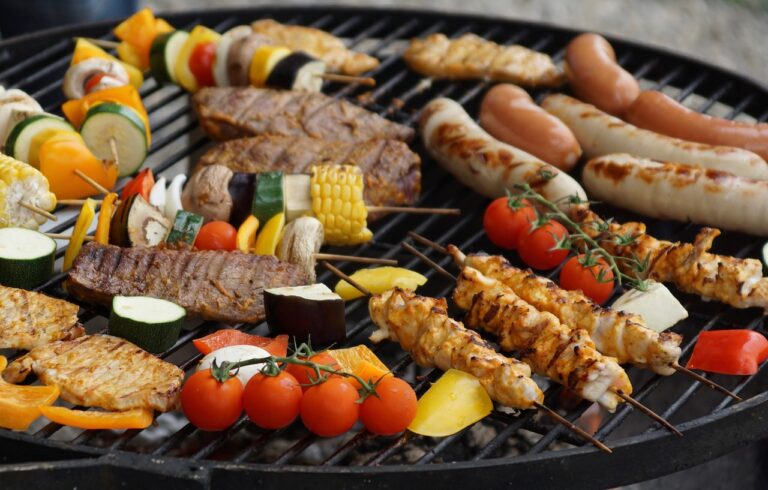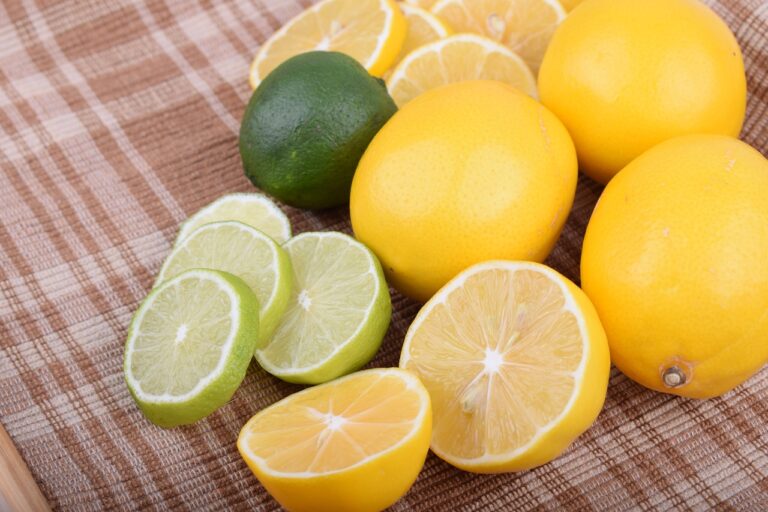Food Safety Protocols in Meal Kit Delivery Services: Laser247, Lotus365, Sky247 login
Laser247, lotus365, sky247 login: Food Safety Protocols in Meal Kit Delivery Services
In recent years, meal kit delivery services have gained immense popularity among busy individuals and families looking for convenient ways to enjoy delicious home-cooked meals without the hassle of grocery shopping and meal planning. However, with the increasing demand for these services, it’s crucial to ensure that food safety protocols are strictly followed to prevent foodborne illnesses and ensure the health and well-being of consumers.
Meal kit delivery services work by providing customers with pre-portioned ingredients and recipes to cook meals at home. While this convenience has revolutionized the way people approach meal preparation, it’s essential to understand the food safety measures in place to guarantee the integrity and quality of the ingredients delivered.
1. Supplier Selection and Quality Control
One of the most critical aspects of food safety in meal kit delivery services is the selection of suppliers and the implementation of rigorous quality control measures. It’s essential for meal kit companies to partner with reputable and trusted suppliers who follow strict food safety standards throughout the production and distribution process.
2. Temperature Control
Proper temperature control is paramount in preventing the growth of harmful bacteria in perishable ingredients like meat, poultry, seafood, and dairy products. Meal kit delivery services must ensure that all ingredients are stored and transported at the appropriate temperatures to maintain their freshness and safety.
3. Packaging and Preservation
The packaging of ingredients plays a significant role in maintaining food safety and quality during transportation and storage. Meal kit companies should use secure and insulated packaging to protect perishable items and prevent cross-contamination. Additionally, using vacuum-sealed or airtight packaging can extend the shelf life of ingredients and minimize the risk of spoilage.
4. Sanitization Practices
Food preparation areas, equipment, and utensils must be thoroughly cleaned and sanitized to prevent the spread of harmful bacteria and pathogens. Meal kit delivery services should follow strict sanitization practices in their facilities to ensure the safety of the ingredients and the final meals prepared by customers.
5. Allergen Management
Allergen management is a critical aspect of food safety in meal kit delivery services, as many customers have specific dietary restrictions and food allergies. Meal kit companies must accurately label ingredients, provide detailed allergen information, and implement procedures to prevent cross-contact between allergens during the preparation and packaging process.
6. Training and Education
Proper training and education of staff members are essential to maintaining food safety standards in meal kit delivery services. Employees should undergo regular training on safe food handling practices, sanitization procedures, and allergen management to ensure that they adhere to the highest standards of food safety.
7. Regulatory Compliance
Meal kit delivery services must comply with local, state, and federal regulations related to food safety and quality assurance. Companies should stay updated on food safety laws and regulations and implement measures to ensure compliance at all levels of their operations.
FAQs
Q: Are meal kit ingredients safe to consume?
A: Yes, meal kit ingredients are safe to consume as long as proper food safety protocols are followed during transportation, storage, and preparation.
Q: How can I ensure the freshness of meal kit ingredients?
A: To ensure the freshness of meal kit ingredients, make sure to refrigerate perishable items promptly and cook meals according to the provided instructions.
Q: What should I do if I receive a damaged or contaminated ingredient in my meal kit?
A: If you receive a damaged or contaminated ingredient in your meal kit, contact the meal kit delivery service immediately for a replacement or refund.
In conclusion, food safety protocols are essential in meal kit delivery services to guarantee the quality and safety of ingredients provided to customers. By following strict guidelines on supplier selection, temperature control, packaging, sanitization practices, allergen management, training, and regulatory compliance, meal kit companies can ensure that their customers enjoy delicious and safe home-cooked meals every time.







